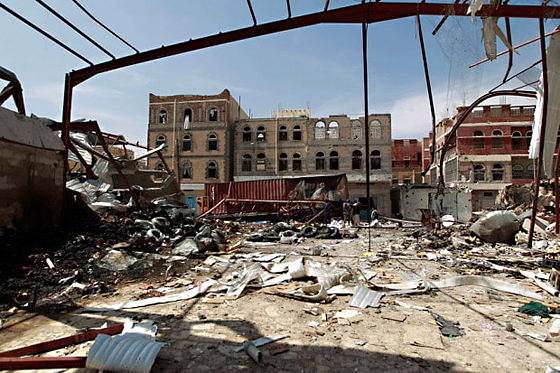Mordechai Vanunu was imprisoned in Israel for eighteen years because he blew the whistle on Israel’s secret nuclear weapons program. He felt he had "an obligation to tell the people of Israel what was going on behind their backs" at a supposed nuclear research facility which was actually producing plutonium for nuclear weapons. His punishment for breaking the silence about Israel’s capacity to manufacture nuclear weapons included eleven years of solitary confinement.
Reading about President Donald Trump’s new strategy on Iran, Vanunu’s long isolation and sacrificial commitment to truth-telling came to mind.
Donald Trump promised to "deny the Iranian regime all paths to a nuclear weapon." But it is Israel, which possesses an estimated 80 nuclear warheads, with fissile material for up to 200, which poses the major nuclear threat in the region. And Israel is allied to the nation with the world’s largest nuclear arsenal: the United States.
Continue reading “Wrongful Rhetoric and Trump’s Strategy on Iran”





